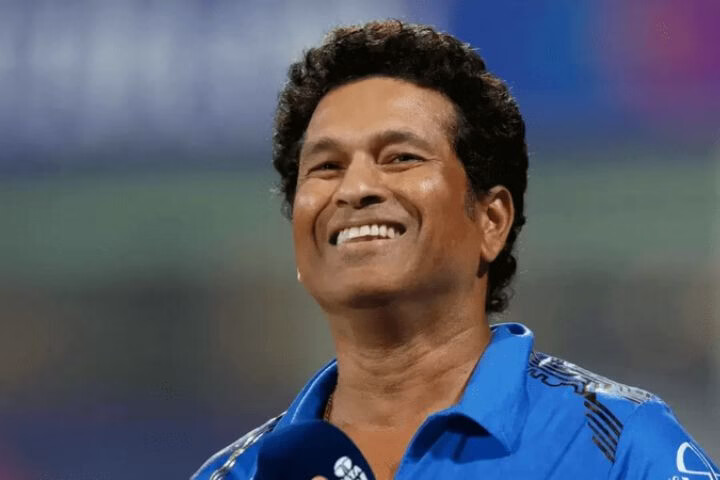Cricket might not be the number one sport across all of Africa, but in countries like South Africa, Kenya, Zimbabwe, Namibia, and even parts of Nigeria and Uganda, it has a strong and growing fanbase. With the increasing popularity of T20 leagues and social media highlights, African youth are tuning in to matches from India, Australia, England, and beyond.
In these conversations, one name keeps popping up: Sachin Tendulkar. Often called the “God of Cricket,” he’s more than just a legendary player. He’s a symbol of passion, perseverance, and global sportsmanship. But what exactly earned him this divine nickname, and why do people across continents, including in Africa, revere him?
The Stats That Turned a Boy into a God
Sachin Tendulkar’s numbers are mind-blowing. He began his international career at the age of 16 in 1989, facing bowlers nearly twice his age. Over the next 24 years, he redefined excellence in cricket:
- Most international runs ever: 34,357 runs across Tests, ODIs, and T20s.
- 100 international centuries: No one else has even come close.
- First player to score a double century in ODIs: He did it in 2010, when scoring 200 in a one-day match seemed impossible.
- Played six World Cups: Including India’s 2011 win, which was a dream come true for him and his fans.
These numbers alone would place him among the greatest. But stats only tell half the story.
Why He Matters Beyond India
For many African cricket fans, especially in South Africa and Kenya where India frequently tours, Sachin’s career was impossible to ignore. Even during the late ’90s and early 2000s, when access to satellite TV was limited, highlights of Tendulkar’s innings made it to local news or were passed around in cricketing circles.
He represented the dream of many Africans: a boy from a modest background who used talent and discipline to reach the top of the world. He wasn’t flashy. He wasn’t arrogant. He let his bat do the talking.
Plus, in 2001, Tendulkar scored a breathtaking 146 against Kenya in the Champions Trophy—a moment still remembered by Kenyan fans. South African legends like Jacques Kallis and Allan Donald have spoken about his unmatched timing and shot selection.
What Made Him Different
Sachin wasn’t the tallest, strongest, or most aggressive player. But he had something else:
- Technique: His balance and control were textbook-perfect. He made even the toughest bowlers look ordinary.
- Adaptability: He played equally well in the dusty pitches of India, the bouncy tracks in Australia, and the swinging conditions of England.
- Mental Strength: He carried the expectations of over a billion people every time he walked to the crease.
Even as new stars emerged, Tendulkar remained a constant force. He evolved with the game, adapting to new formats like T20 without ever compromising his principles.
What African Fans Can Learn from His Journey
Sachin’s journey holds a few lessons that resonate deeply in the African context:
- Patience Pays: In a world obsessed with instant success, Tendulkar showed that long-term dedication is often the real key.
- Respect the Game: He rarely argued with umpires or showed disrespect to opponents. Sportsmanship matters.
- Embrace Humility: Despite his fame and fortune, Sachin remained grounded. In interviews, he often credited his coaches and family.
His story isn’t just about cricket. It’s about what one can achieve with hard work, humility, and heart.
Is There a New God of Cricket?
Some younger fans now point to Virat Kohli as the modern “King” of cricket. And rightfully so—Kohli has broken many records and brought new energy to the sport.
But even Kohli himself once said, “Sachin Tendulkar is the reason I started playing cricket.”
That’s the legacy of a true icon. You know someone is great when even the next generation of stars looks up to him.




